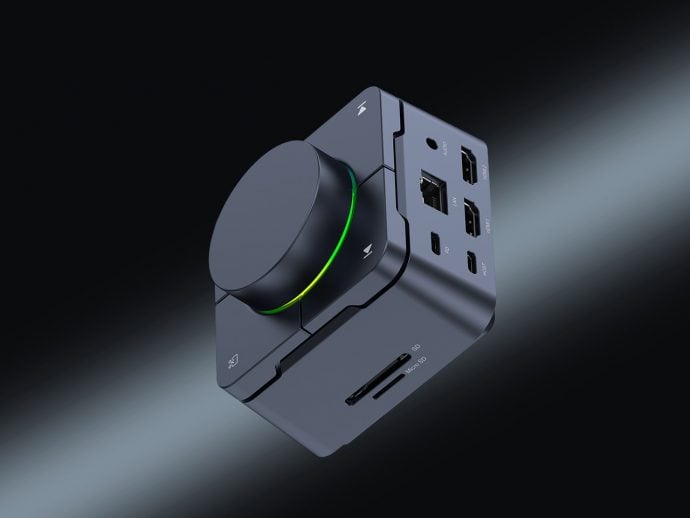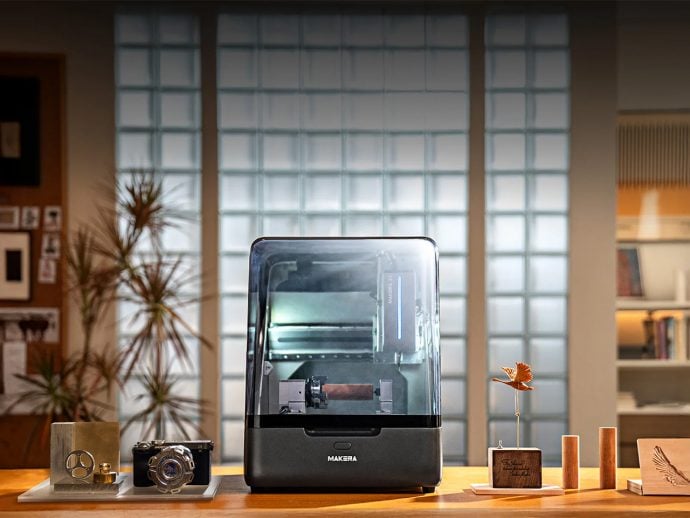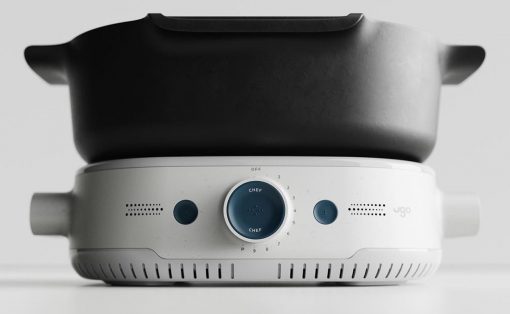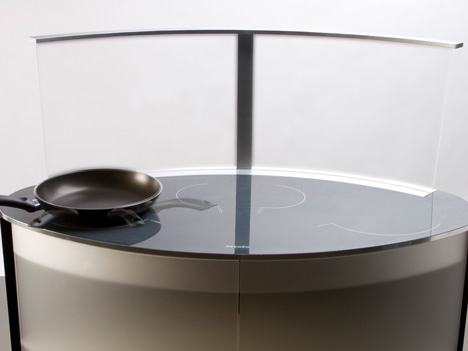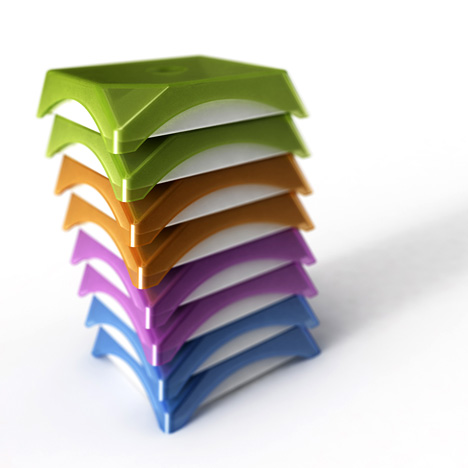
One of the most challenging things I experience because I live alone and I live in a condo is trying to keep my trash from smelling. It’s pretty exhausting to always go out and throw the trash in our basement whenever I have some leftover food or trash that might smell. What if there was a way to keep things from going “bad” (well, it is still trash) and maybe at the same time do something that will make it a little better? Apparently, there’s now a “futuristic” trash can that can do it for you.
Designer: Mill

Mill is a trash can that not only keeps your leftovers from becoming too spoiled and stinky and turns them into actual chicken feed. And you don’t have to even leave your house for all of this to happen. The concept for this circular food waste device is from a former Apple engineer and the co-founder of Google Nest, Matt Rogers. This way the fish, produce, eggs, rinds, seeds, bones and other food waste that you throw away can become food for chickens. Even things like napkins, filters, and paper towels can get in on the fun.

How it works seems pretty simple. The device looks like a regular trash can and so you just throw in any of the things mentioned above. It will then dry these leftovers and grind them into chicken feed that is nutrient-rich, which looks like coffee grounds or regular pellets. This process can happen overnight and it also shrinks the waste so you won’t have an overflowing trash can. They say it takes a few weeks for it to actually become full. And there’s also a coconut-based charcoal odor filter that will prevent your kitchen from stinking up.

For now, the Mill trash can is on a subscription basis. Once you’ve signed up, you get the bin delivered to your house and you can start throwing in your uneaten or spoiled food. You empty the contents of your bin once it’s full into a prepaid box and schedule a pickup. All of this is done through an app, which tells you also what are specific items you can throw into it. This is actually something pretty interesting that hopefully will become more common (and a little less expensive) later on.


